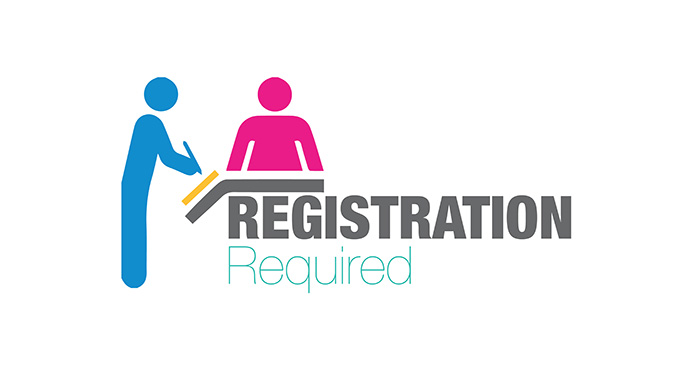
Whoops! You Forgot to Login
We appreciate your interest in Commercial Finance Consultants Magazine.
You’ve been redirected to this page while trying to access one of our premium articles or magazine categories that are MEMBERS ONLY. To access this content, you will need to log in to the Magazine with IACFB credentials (Username and Password)
Non-Registered Visitors Information
Commercial Finance Consultants Magazine works hand-in-hand with the IACFB Academy when providing training for all business finance brokers and consultants. Much of our magazine content is “open” to public visitors to access.
Premium Content and Categories
Premium content is that which provides additional training for our Academy members and enhances learning for the Academy’s training courses. To access this content, you must log in to the magazine using your IACFB Academy credentials.
How to Recover Your Credentials
If you have lost your credentials or the magazine does not recognize them, then you can:
- Recover them by clicking here
For new brokers and consultants, you can now enjoy Commercial Finance Consultants Magazine for one low cost monthly of annual subscription by simply becoming a subscriber.

